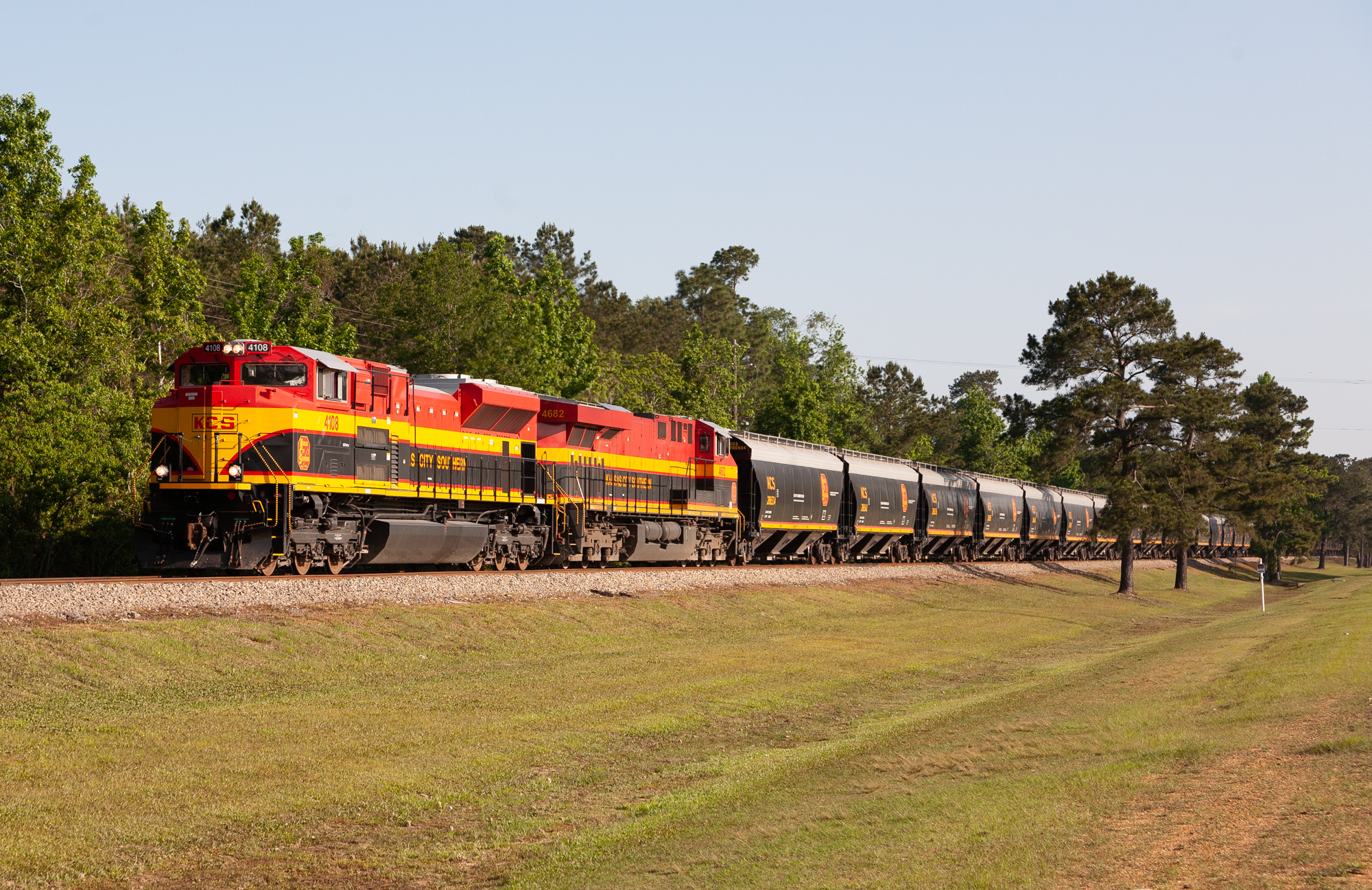
WASHINGTON — Canadian Pacific Kansas City has asked federal regulators to prevent Union Pacific from blocking the movement of its grain trains to the ports of Houston and Galveston via trackage rights on UP via Beaumont, Texas.
The Interstate Commerce Commission granted Kansas City Southern “South End” rights over UP as part of its approval of UP’s 1988 acquisition of the Missouri-Kansas-Texas Railroad. The haulage and trackage rights agreement preserved the pre-merger options shippers had to send grain from the Upper Midwest to the Gulf Coast via Kansas City and the independent Katy.
KCS only sporadically used the rights over the past 35 years. After obtaining the concession to operate in Mexico in 1996, KCS concentrated on cross-border grain movements it could originate and that maximized the railway’s length of haul.
But now the CP-KCS merger has prompted shipper interest in using CPKC’s single-line service from the Upper Midwest to reach export markets via Houston and Galveston, CPKC says in a regulatory filing this week.
“UP has not reacted well to this development,” CPKC said in its filing. “When a major grain shipper directed a trainload of wheat to Houston via a CP-KCSR routing, UP objected, asserting that the CP/KCS transaction extinguished KCSR’s ability to use its haulage rights between Beaumont and Galveston/Houston.”
So CPKC, through KCS, this week asked the Surface Transportation Board “to correct UP’s error and reassure shippers that they can continue to explore and potentially choose the option of CP-KCSR routings to Houston and Galveston for the movement of grain from the Upper Midwest to the Gulf.”
CPKC has asked the board for an expedited decision by Aug. 31 so that grain shippers can make plans for the fall harvest season.
At the time of UP’s acquisition, the Katy connected at Kansas City with Burlington Northern, Chicago & North Western, Soo Line (now part of CPKC), and the Chicago, Missouri & Western. KCS, through its South End rights, inherited the Katy’s ability to haul grain received at Kansas City to Houston and Galveston.
But UP, in a May 2 email to CPKC, said neither grain originated on CPKC locations north or east of Kansas City nor Class I traffic interchanged to CPKC at Kansas City are covered under the South End agreements. This includes interchange between CP and CPKC at Kansas City, UP contends.
On May 26, UP demanded that the railroads go to arbitration over the terms of the South End agreement. “UP is not obligated to move trains that CPKC originates in North Dakota under the Term Sheet,” UP wrote.
UP wanted two questions settled through arbitration: Is traffic CPKC originates in North Dakota covered under the South End agreement, and “in what amount has UP been damaged by CPKC’s improper delivery of trains originating in North Dakota to UP at Beaumont in violation of the Term Sheet?”
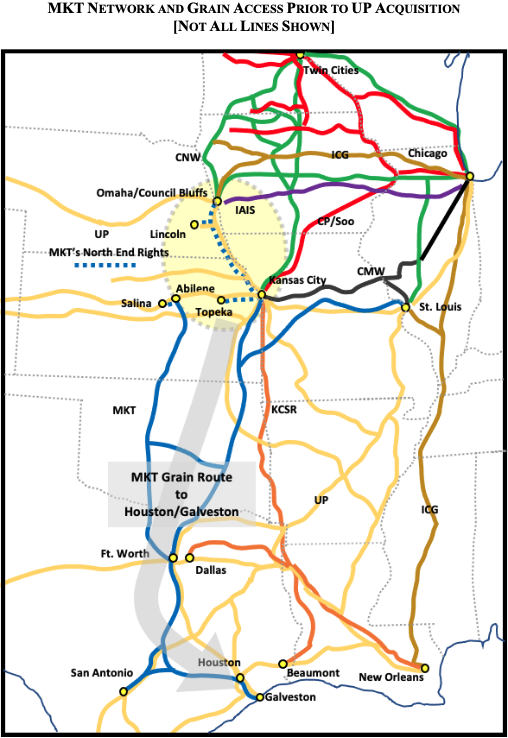
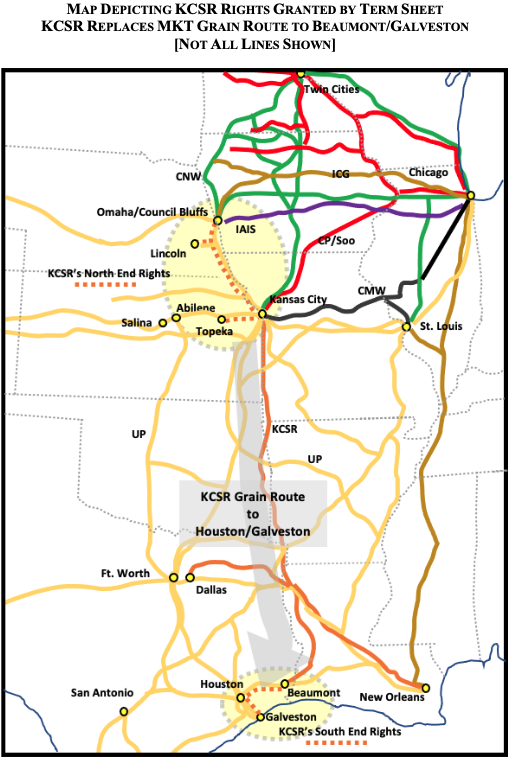






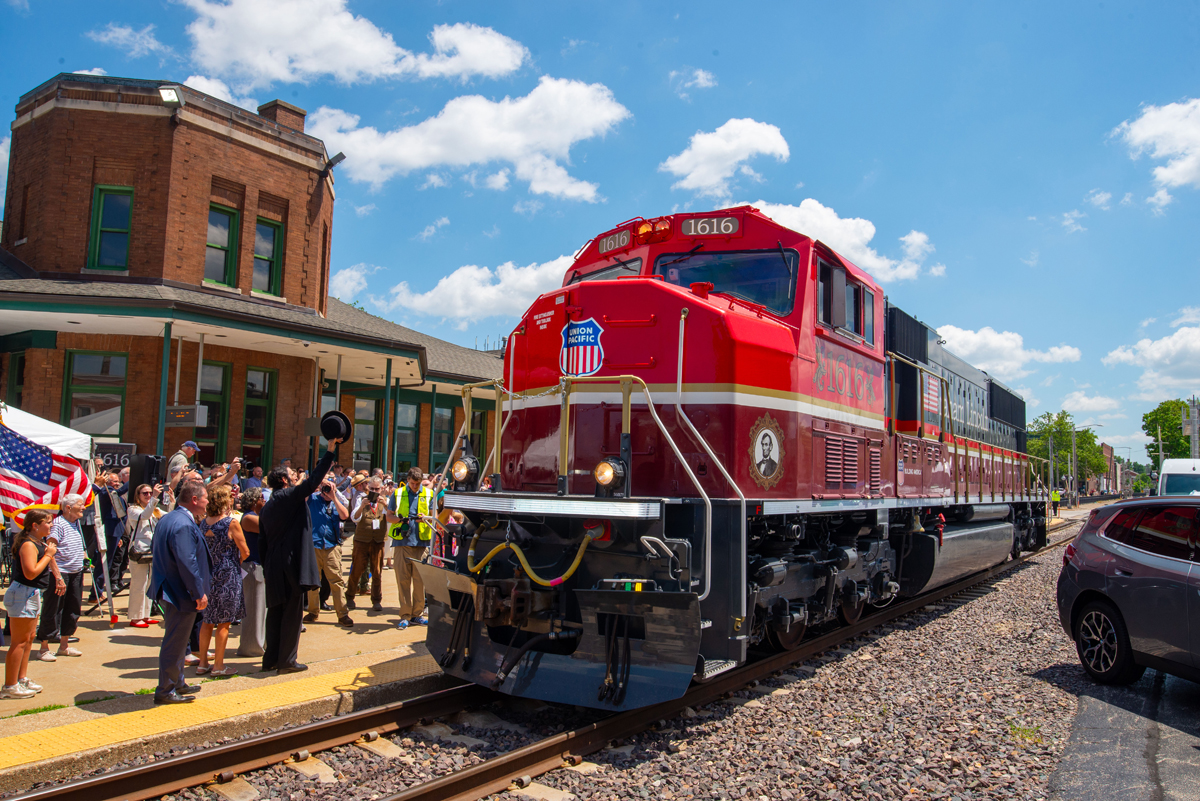
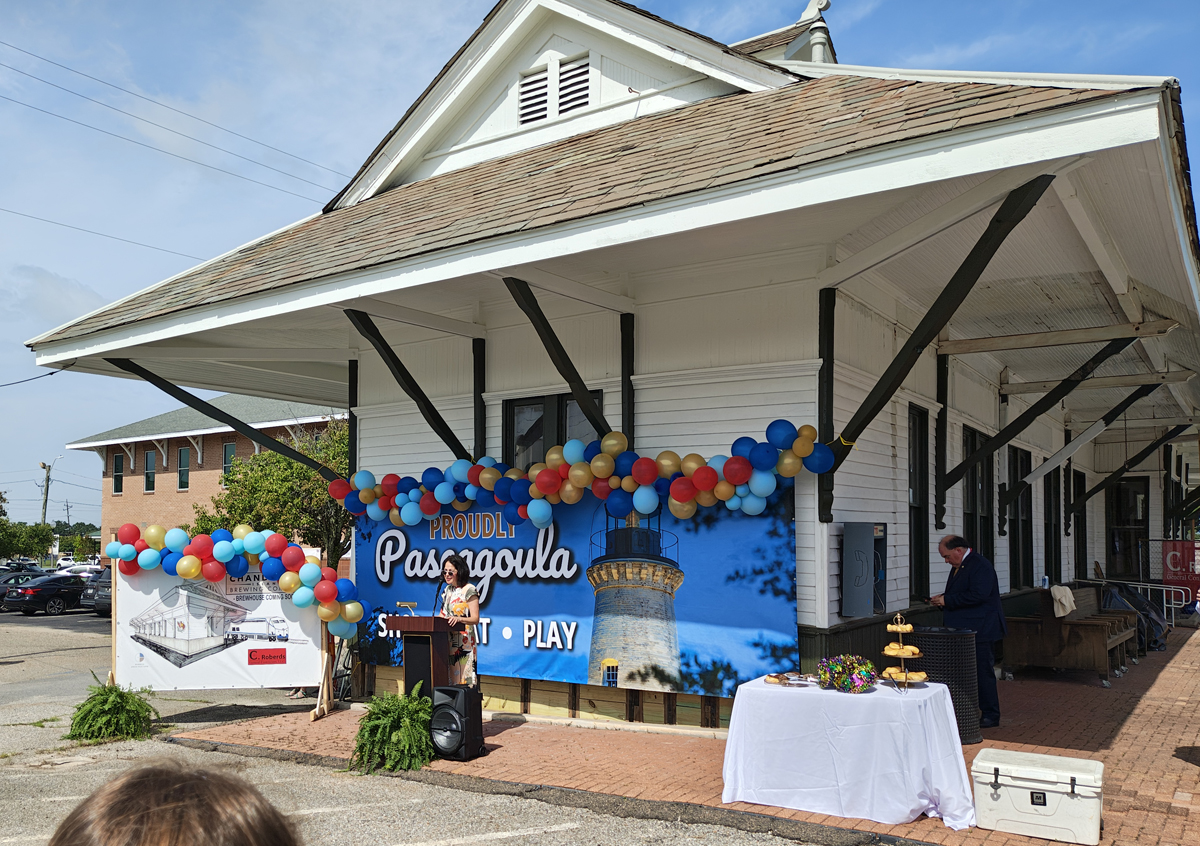
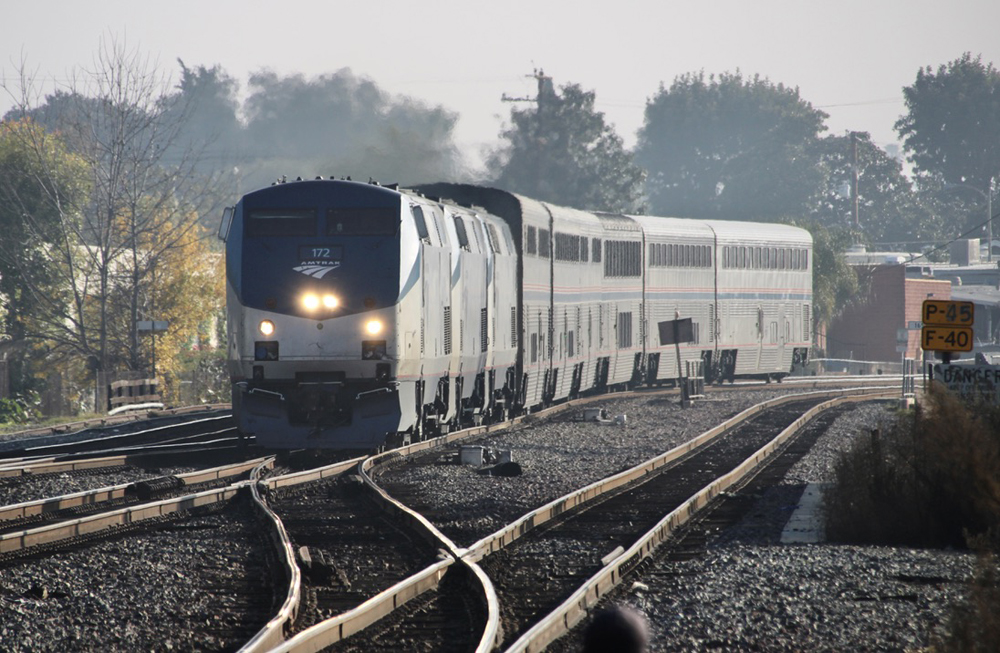
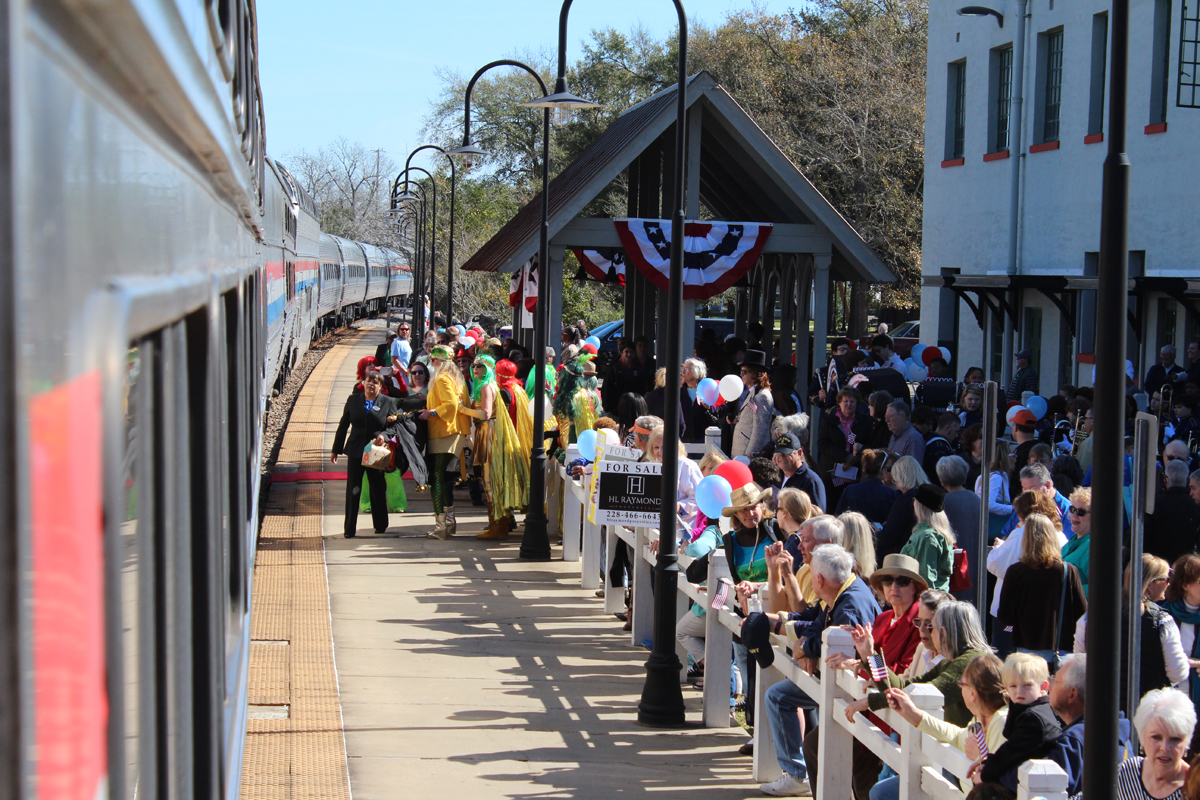




@John Rice I believe MKT, and successor KCS, have commercial rights as shown north of Kansas City. AFAIK, UP still owns and operates these lines. Any such KCS traffic is handled via UP Haulage, rather than direct KCS service.
As for the other comments about ‘sour grapes’, and “Big Bad UP’, etc., the one thing railroads will protect to their last breath, is their franchise.
Why not just load the boats at Beaumont or Lake Charles,TX then send the grain to wherever it is going from there?
Does anyone know how and when KCS obtained trackage rights into Council Bluffs, IA.
It looks like MKT took over the Falls City Sub from Missouri Pacific just before 1983. That connected them from KCMO to Omaha.
I located it on all of the route maps for 1983.
They also show the Lincoln branch line as theirs, today they is owned by Omaha Power (OPPD) and operated by BNSF to haul coal and grain via a junction at Union.
I understand UP’s beef here. But the CPKC merger and desire push grain through Texas in a sense violates the original spirit of the Katy deal. This is why I hate these various trackage rights/haulage rights/access rights for all of these Class 1’s.
In a way it keeps them from competing on their merits and inhibits their ability to invest their capital correctly.
So all of these service overlays have to be reviewed and examined everytime someone wants to expand their service. Capital should be allocated where it will acquire profit for the carrier. This approach of finding profit by locating the route of least investment is over.
The Big Bad UP does not like share its tracks and like to have a monopoly , It will take regulators to fix this problem.
The “Big Bad” UP doesn’t have to share their tracks because they are PRIVATELY OWNED AND MAINTAINED by UP at their expense. KCS only had trackage rights for their trains due to the STB’s position that their be a competitive road to ensure competition at the gateways. Now, if CPKC wants to pay their share of the upkeep, maybe UP would give them more than what they are owed. But….
The crux of this issue is that the KCS deal did not extend to the Canadian border or the border states of North and South Dakota or even Minnesota. KCS never served them and only serves them now because of Canadian Pacific wants them to.
In this case, I am sure the regulators will side with UP because the trackage rights were based on pre CPKC merger trackage rights for KCS in KCS pre- merger territory, rights they rarely used, instead using their Texas-Mexican Railroad connection through Laredo which is their main entry point for Mexico. UP is willing to go to arbitration over this, because they believe KCS eschewed their own rights because they saw that the interference with UP trains through Galveston and Houston was a bigger problem.
Now CPkc wants to say “Kings-X” and force the issue because they have found out their say in the matter is limited by the earlier decisions that their takeover….. errrrr……. merger partner, KCS, has created causing their own problem to solve, CPkc making promises they may not be able to keep. They counted their chickens before they hatched and now the foxes are at the hen house, even at the door.
Trackage rights are like track: until officially abandoned they still exist. Uncle Pete has no problem exercising Espee’s trackage rights over BNSF from KC to Chicago.
And BNSF has no problem with that because “Uncle Pete” has made continuous use of those trackage rights since the day they were granted. BNSF has a similar arrangement with trackage rights they inherited because of Union Pacific’s many mergers since 1980. However. even trackage rights are subject to availability by the track owner. Usually both work together to ensure the trains get through with minimal delay. But in this case, Canadian Pacific is trying to use something that has not be granted, a fact they knew when they took over KCS. And if it goes to arbitration they will lose and have to force all their Mexican traffic through Laredo which is already jammed packed with southern handoffs from all railroads.
Monopoly once again.
Sour grapes, UP is just miffed that they have competition now, that’s all there is to it. Just because CPKC exists does not mean an existing agreement disappears, not unless that agreement is mutually changed or changed during the merger process is there grounds for UP refusing to handle traffic that is covered.
They are not saying that, which is why they are willing to go to arbitration over this issue…